Nationalism
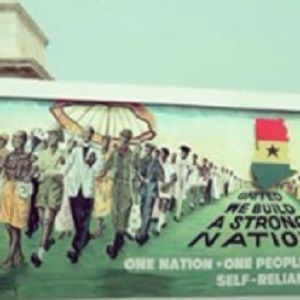
Lord Kitchener, “Birth of Ghana,” 1957
On March 6, 1957, the Gold Coast Colony declared its independence from Britain and became Ghana, the first West African nation to break from European colonial rule.
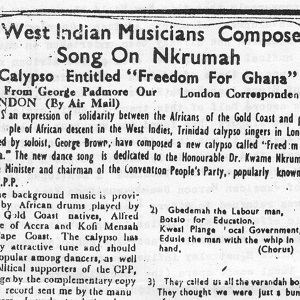
George Browne “Freedom for Ghana”
While living in London in the early 1950s, the Trinidadian calypsonian George Browne (whose stage name was Young Tiger) penned a calypso called “Freedom for Ghana” that caught the attention of George Padmore, the Trinidadian pan-Africanist intellectual and journalist, who wrote about it in the Gh
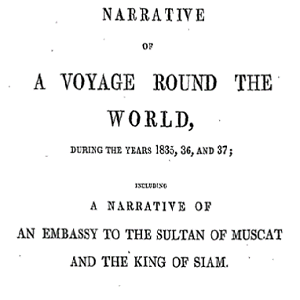
Memoir of William Ruschenberger
Dr. William Ruschenberger (d. 1895) was a United States Navy surgeon and was assigned to the USS Peacock, serving with Edmund Roberts as part of an American delegation representing the Jackson Administration to negotiate treaties with the Omani Empire and the Kingdom of Siam.
Mikhail Gorbachev’s Resignation Speech
This is a transcript of Gorbachev’s resignation speech. This speech signified the complete end of the Soviet Union. According to the speech, what reasons does Gorbachev give for his resignation? What is the overall tone of this document? Why do you think Gorbachev uses this tone?
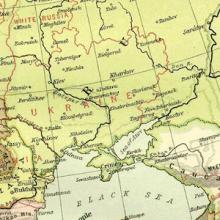
Long Teaching Module: Border Changes of the Soviet Union
Border changes have been a central part of 20th century European history. This lesson will examine a few key maps and documents that explore the creation, expansion, and dissolution of the Soviet Union.
The Alma-Ata Declaration
This document is a translation of the Belovezh Accords, the agreement which essentially declared that the Soviet Union ceased to exist. Those who signed it agreed to form a Commonwealth of Independent States (CIS). Which states were signatories of the Belovezh Accords?

Act of Declaration of Independence of Ukraine
This source is one example of a former Soviet republic declaring its independence from the Soviet Union. Who created this document? What reasons does the document creator give for wanting to secede from the Soviet Union?

Map of Europe, 1918
This map illustrates European borders prior to the start of WWI in 1914 with black lines and new states formed by the First World War in red. As the map illustrates, a number of states became independent from Tsarist Russia. What new states were these?
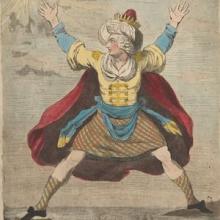
Short Teaching Module: Making Empire Global - British Imperialism in India, 1750-1800
The study of world history has often overlapped with scholarship on empire and imperialism.
Primer: Transnational Mobility and State Formation
Modern nation-states and transnational mobility – the movement of people, things, and ideas across borders – are two important subjects for historians to study. They are two fundamental features of the modern world and have influenced one another constantly over the last several centuries.